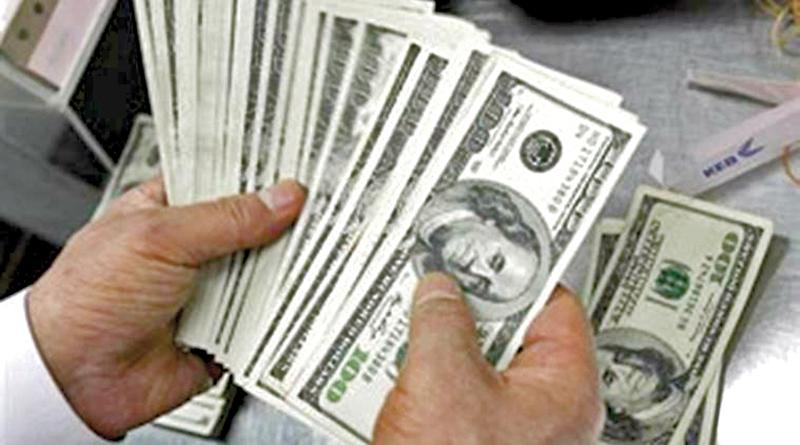
The primary need is to build the stock of foreign reserves which cannot be done without FDI and export growth.
“We can borrow from other countries, but it will never solve the problem. We can also sell assets for foreign currency payments; unless these investments generate export income in return, they will only add up to the problem. In fact, both these options are risky too, as they ultimately aggravate the foreign exchange crisis. We can also expect revival of tourism and worker remittances in the medium term, but it will bring about a meagre amount of foreign exchange while our problem is much bigger.”
The ultimate question that remains to be answered is whether we have prepared our economy, the polity and the rule of law to win investor confidence and to generate FDI and export expansion.
Addressing the Sri Lanka Economic Summit 2021 last week, former Central Bank Governor and well-known economist Dr. Indrajit Coomaraswamy said the external sector crisis should be given highest priority as it was the most urgent issue since the country’s gross foreign reserves had slumped drastically to a low of US $ 1.5 billion while the estimated net drain on foreign exchange reserves have been estimated to be at around US $ 7 billion over the next 12 months.
Currently the country is grappling with a severe shortage foreign exchange, external debt repayment, budget deficit, high cost of commodities and turmoil in the agriculture and plantation sectors. According to data the current level of foreign reserves is adequate only to meet a couple of months’ imports.
Former Central Bank Deputy Governor Dr. W.A. Wijewardena said that now it is too late to go to the IMF since the issue has hit us hard.
“Our present problem is how we will survive after the next four weeks. For that quick bilateral assistance of adequate size should be obtained either from India or China. However, it is still the IMF that is the most affordable, cheaper and effective option.
It will help Sri Lanka to build confidence among investors, force the country to implement a viable reform program and above all impose discipline. Its cost is about 3% per annum and repayment period is extended to six to 10 years.
All alternative sources will cost Sri Lanka over 10% now,” he said.
